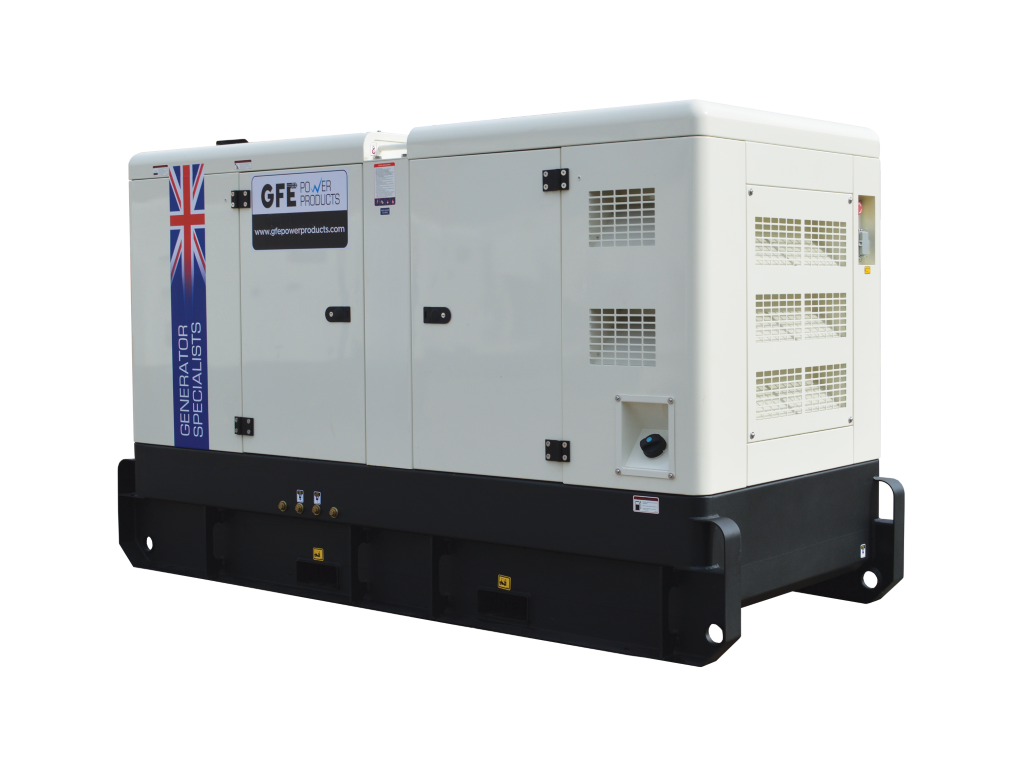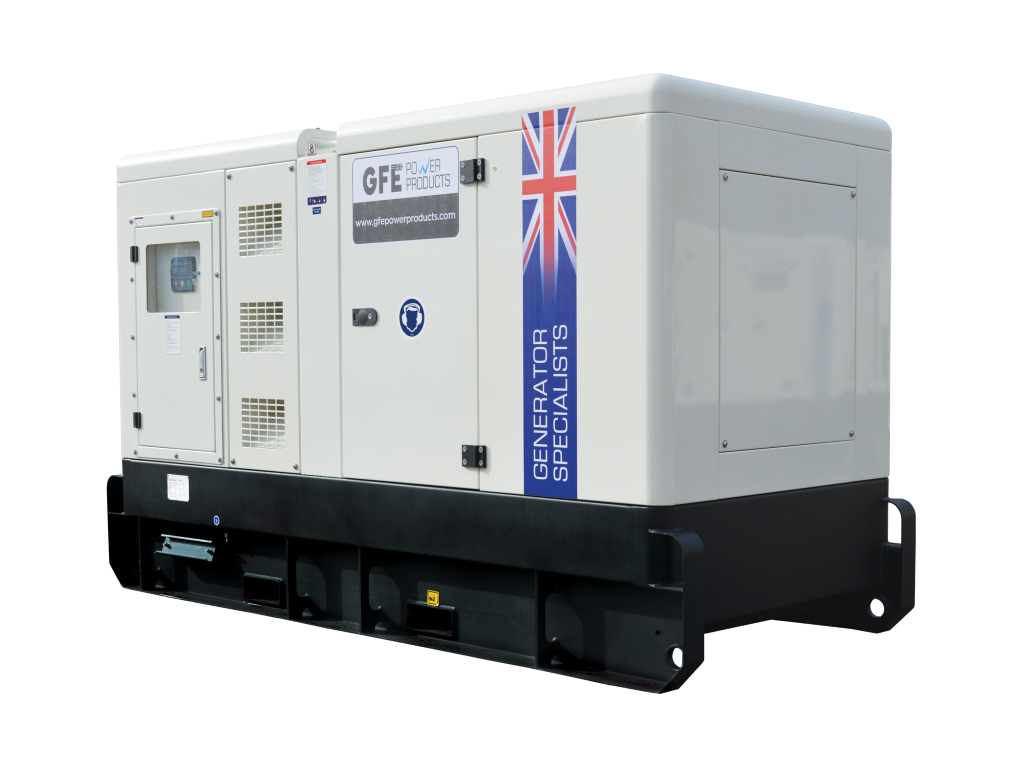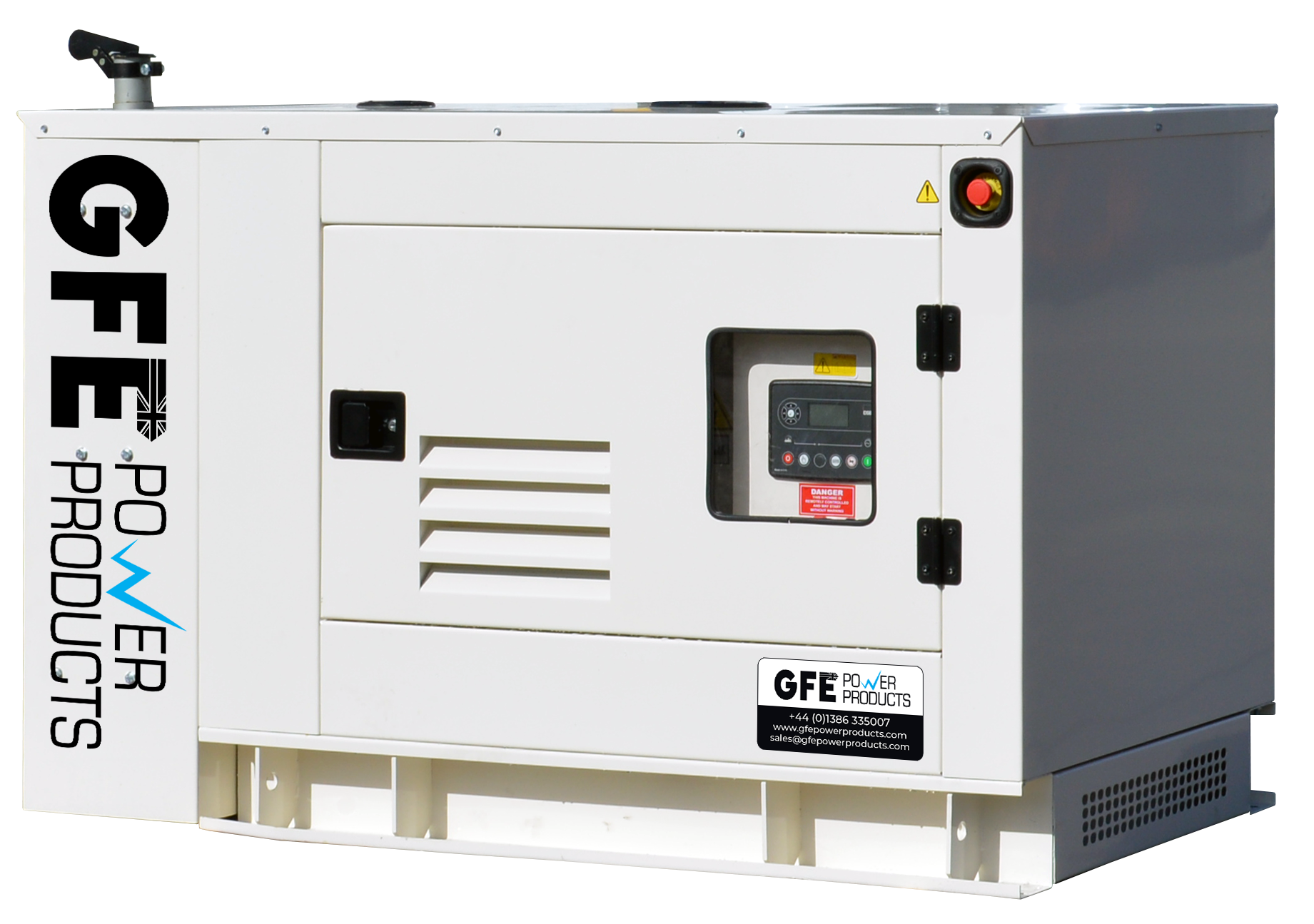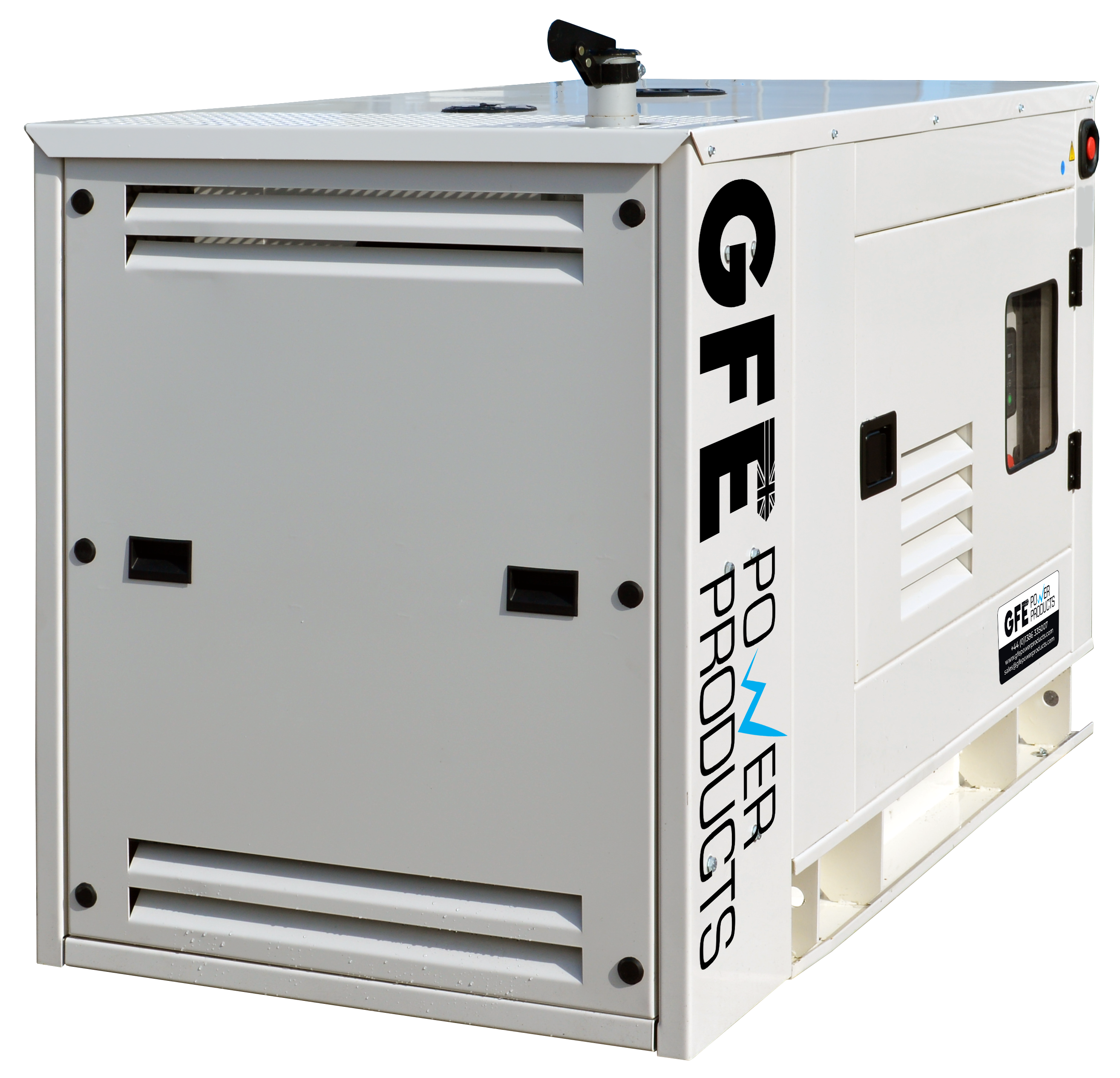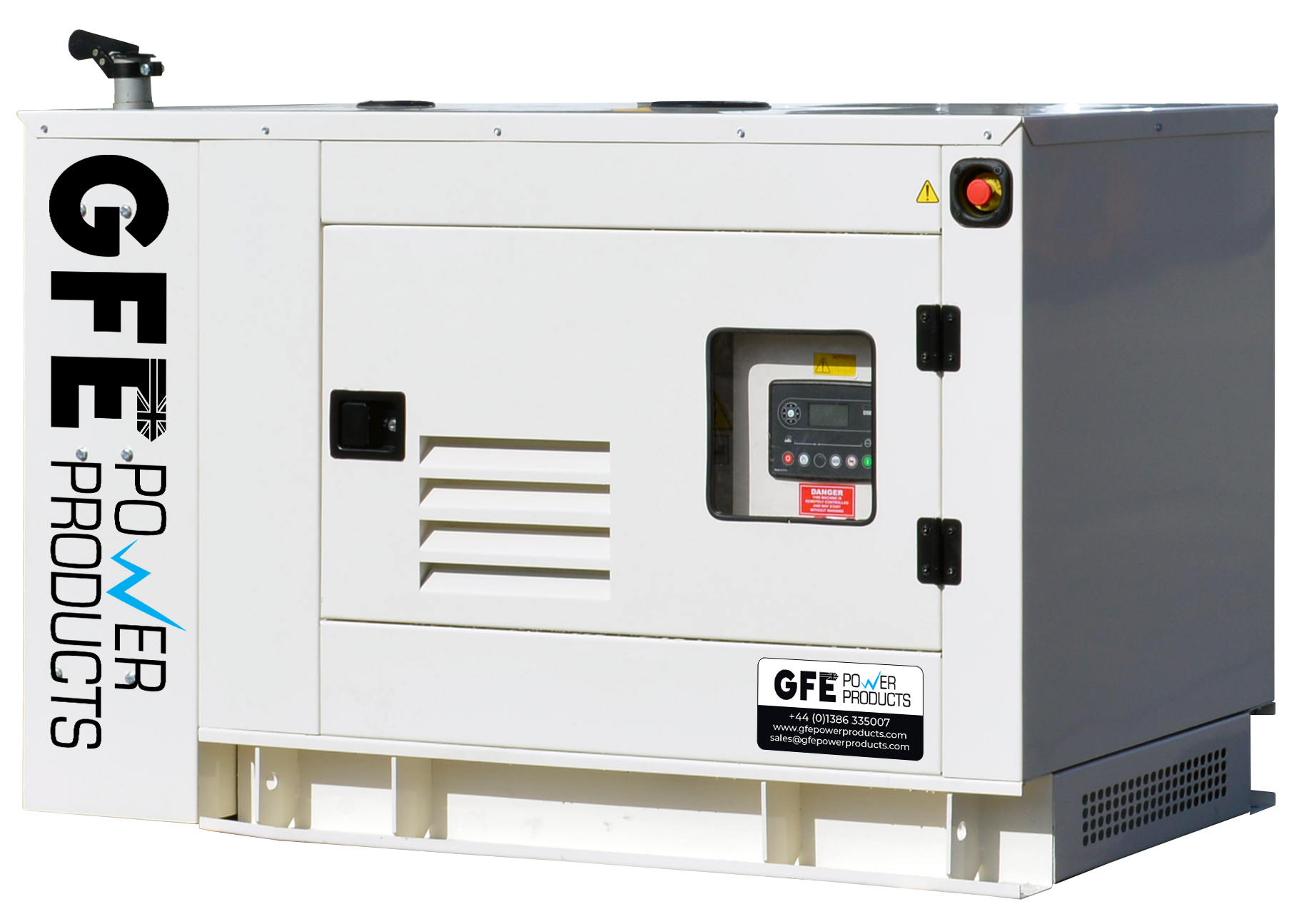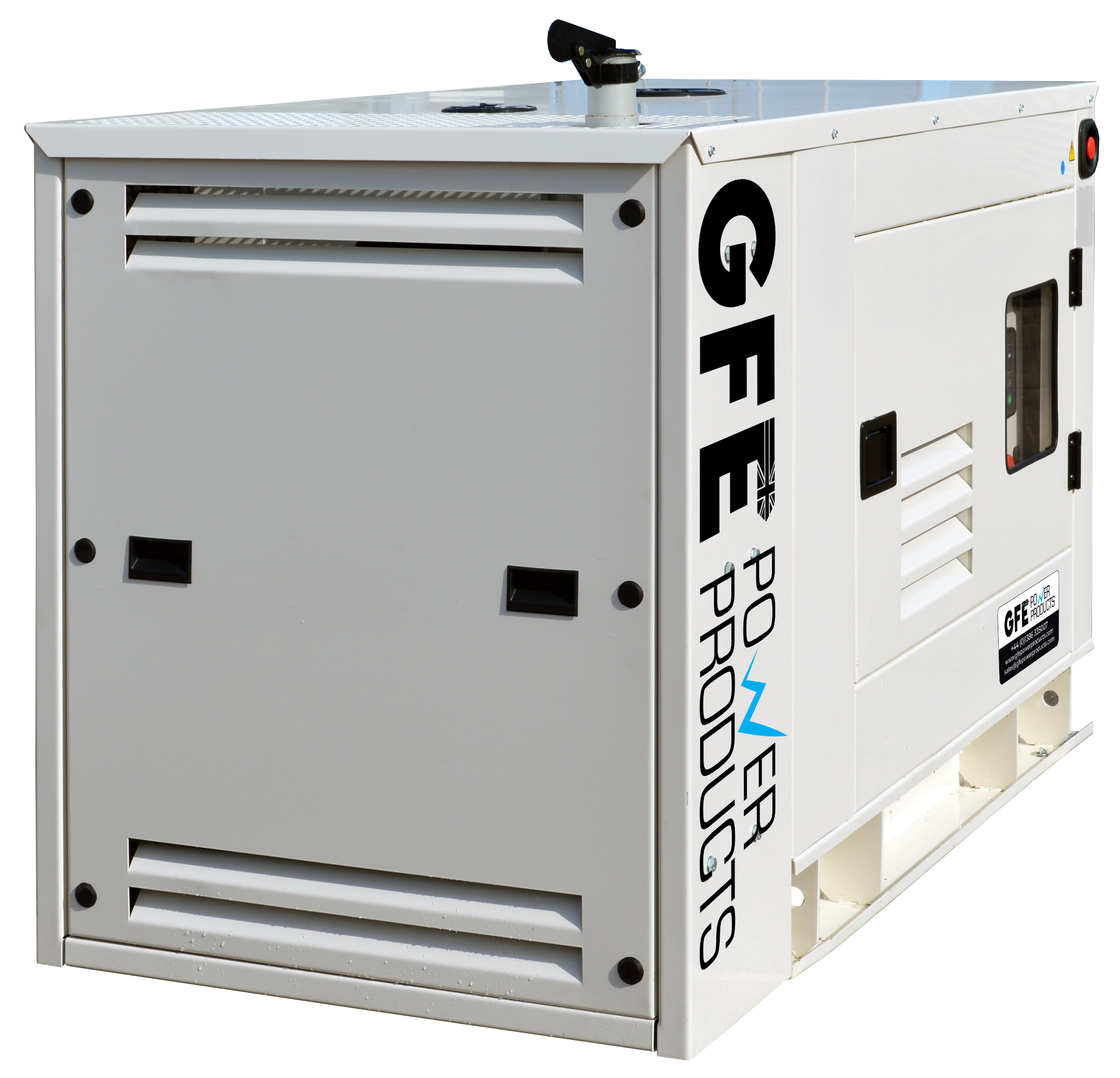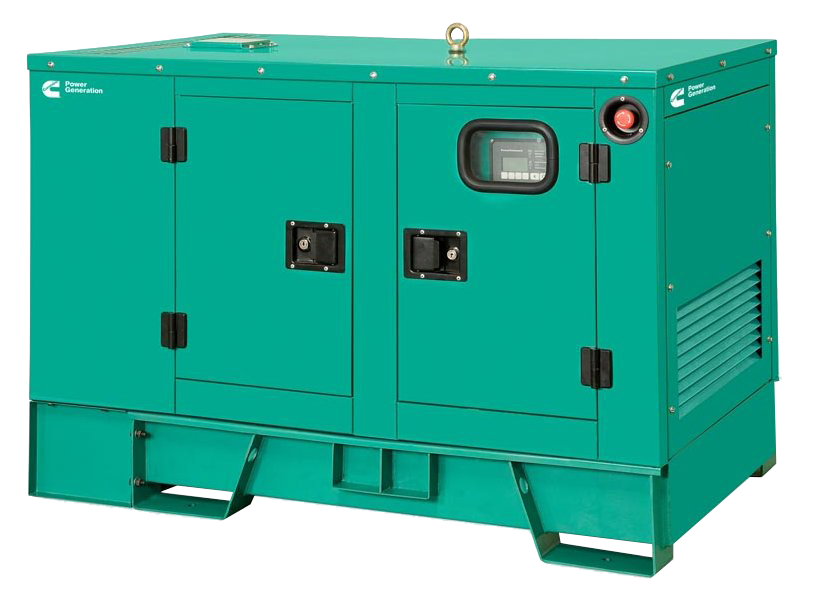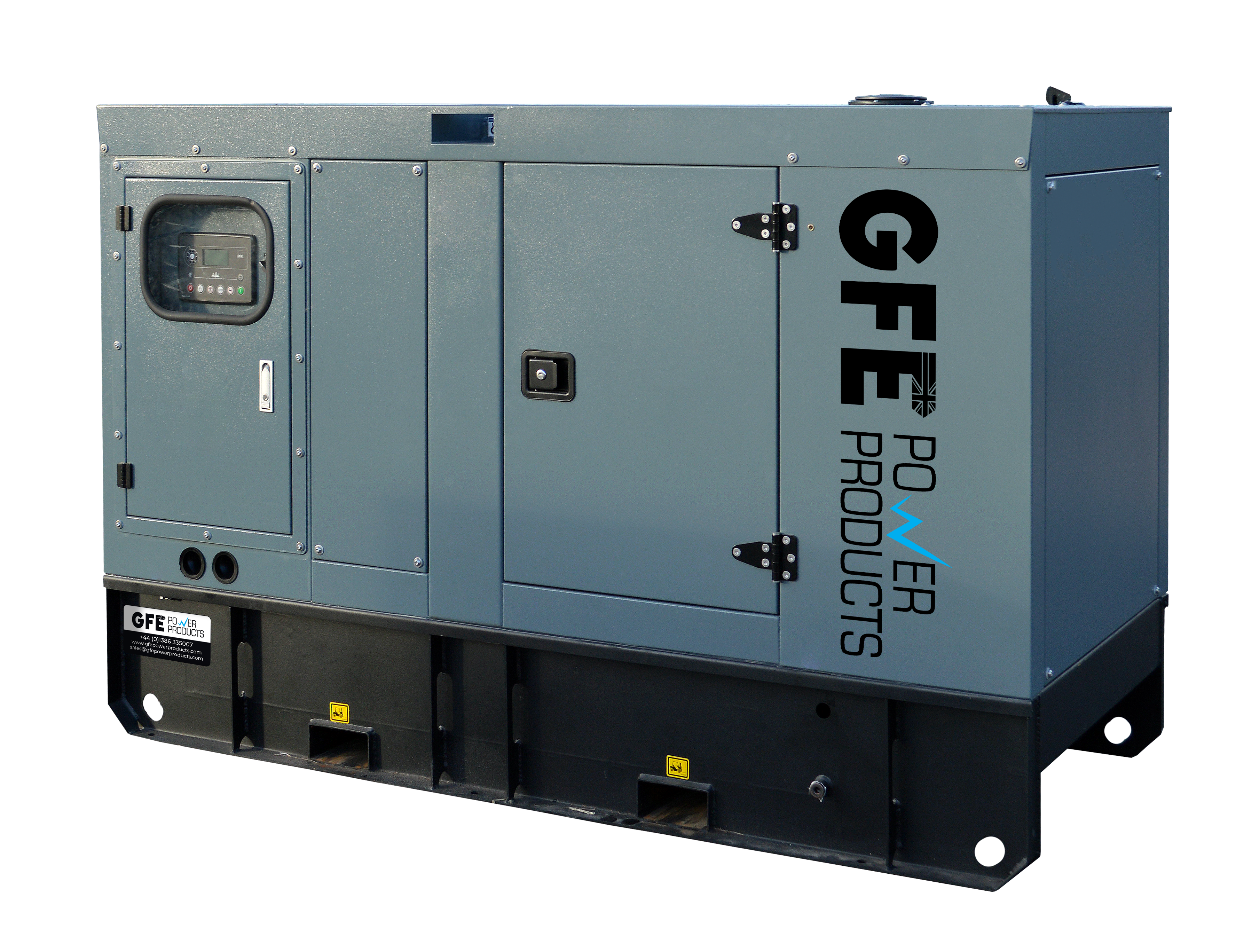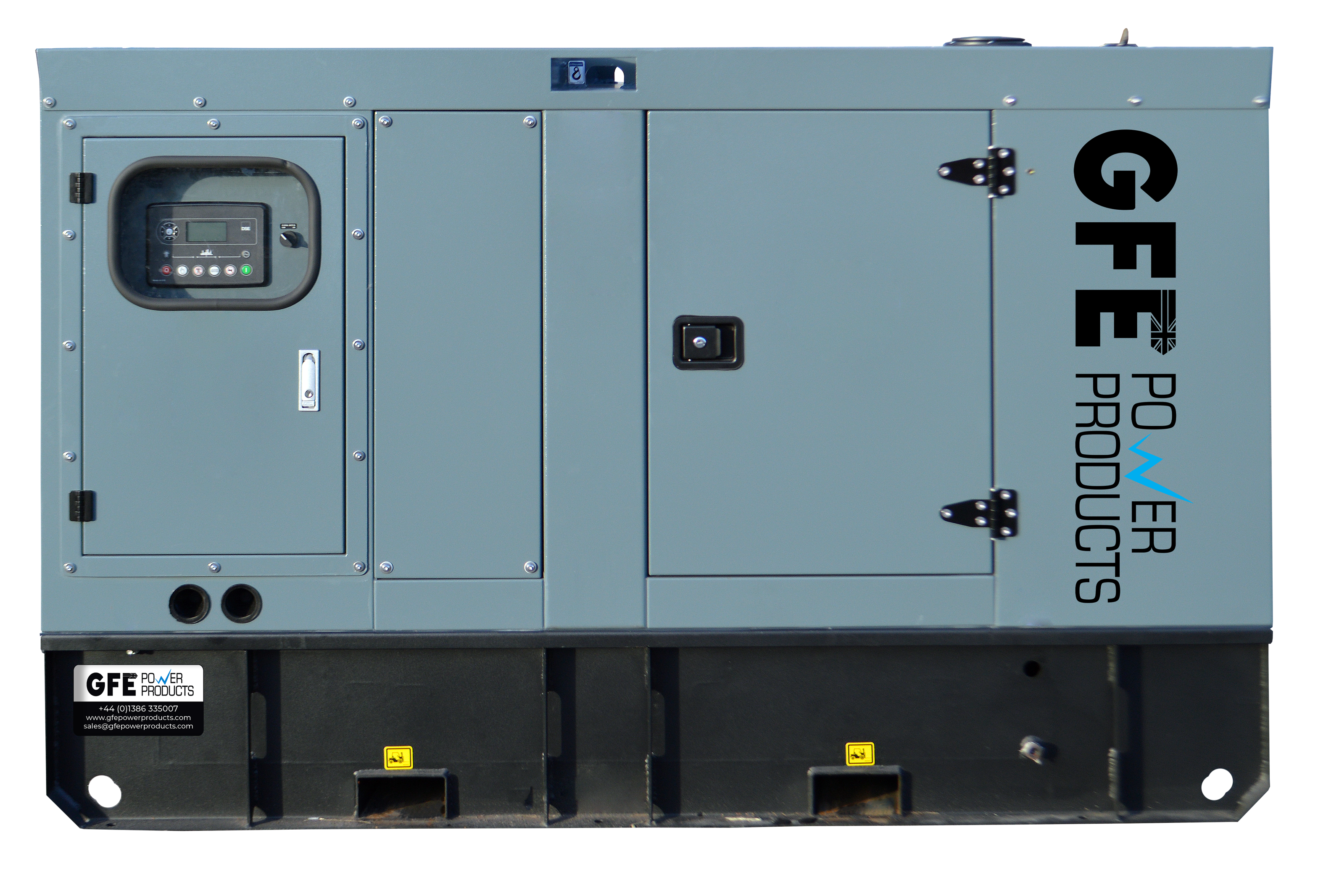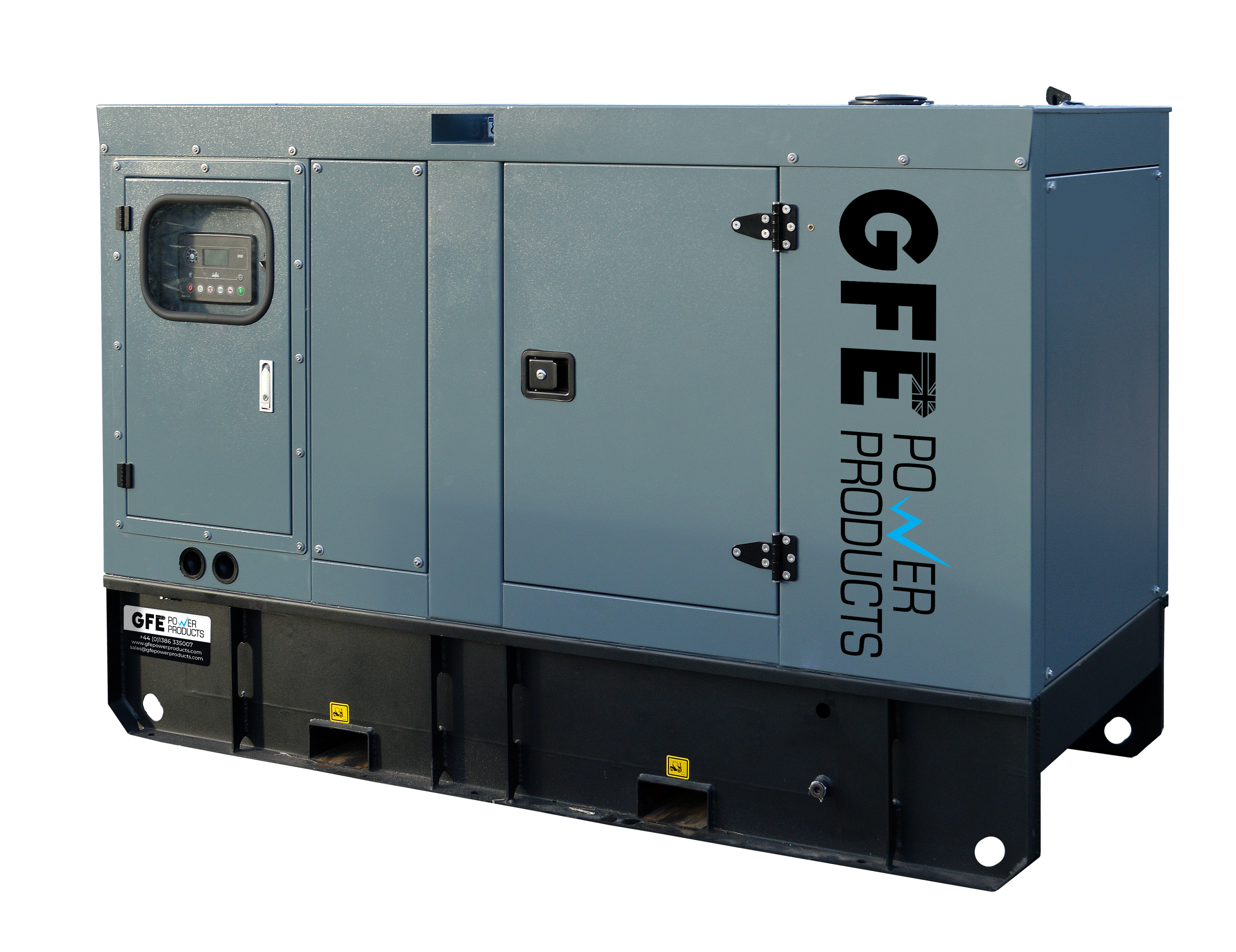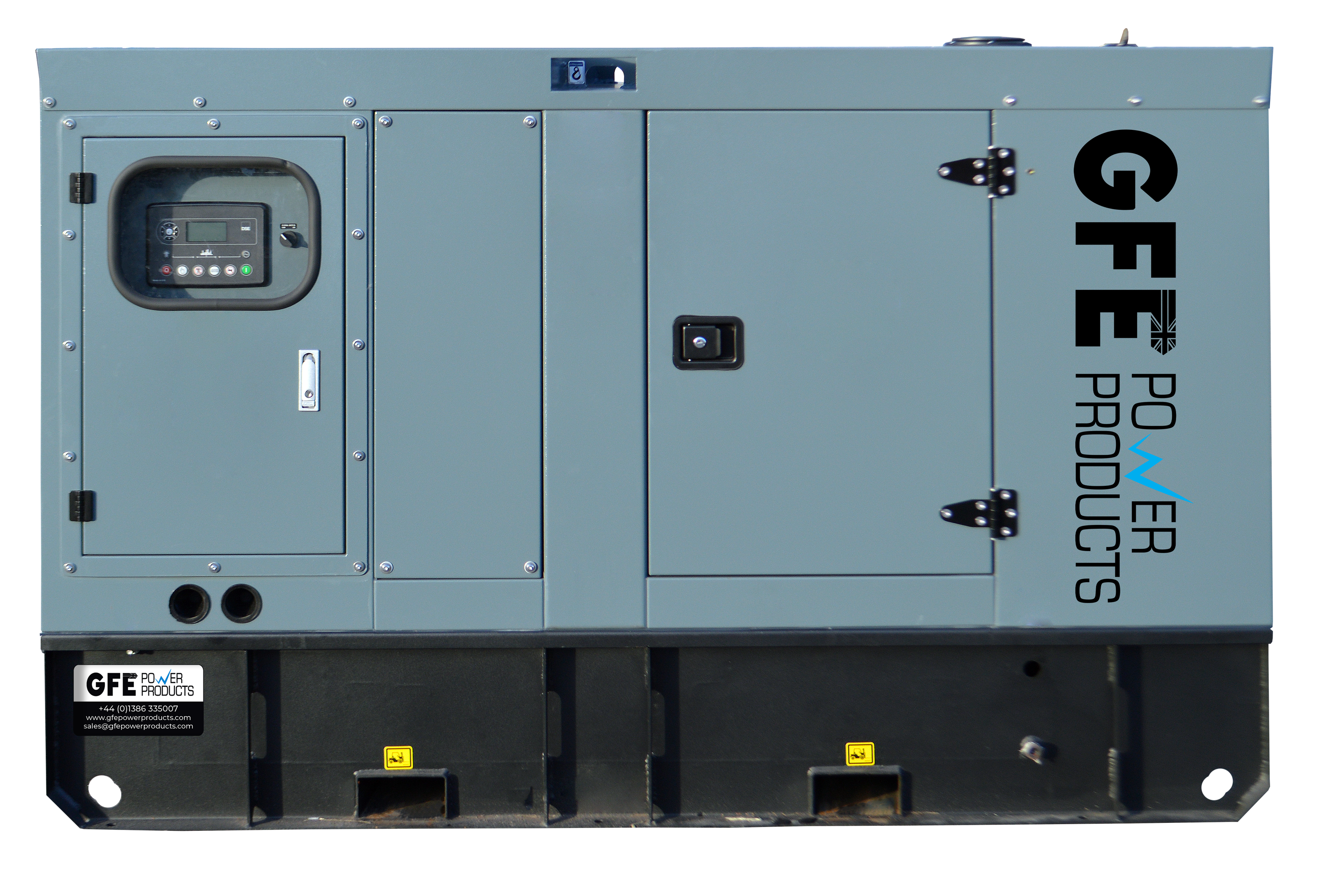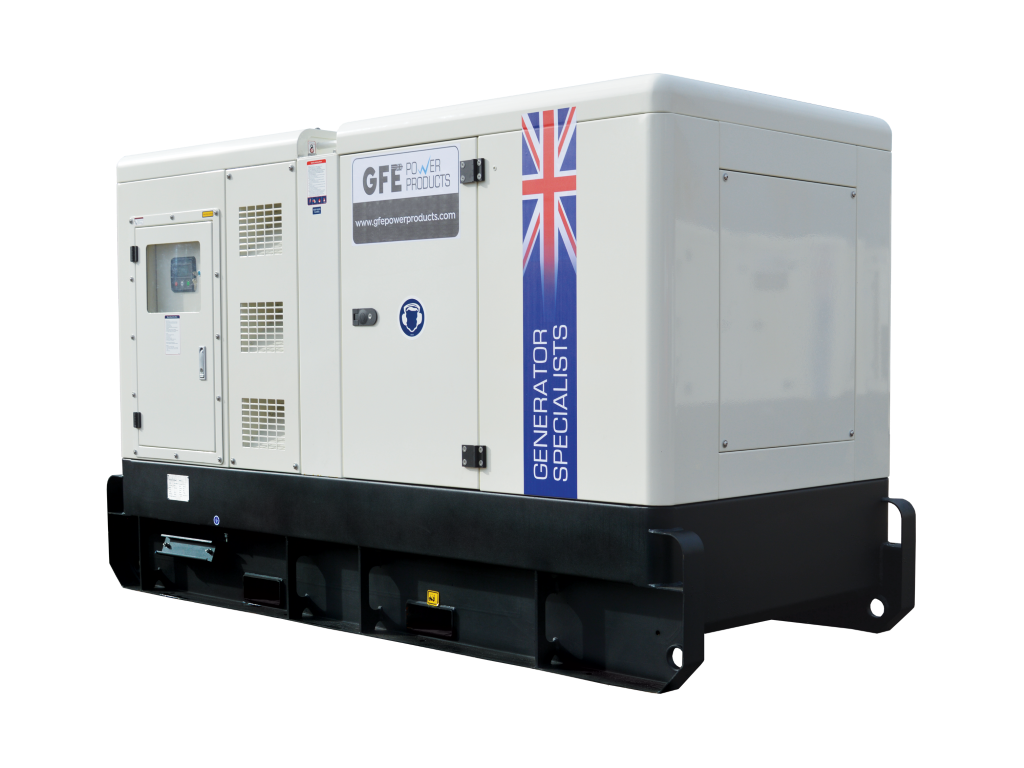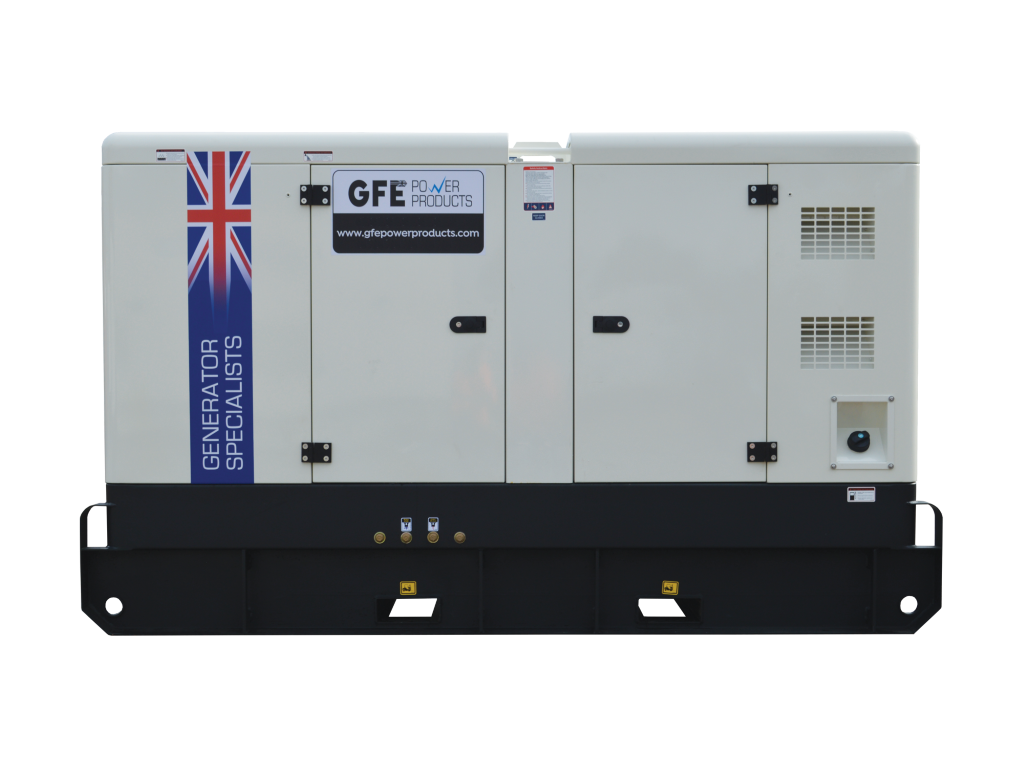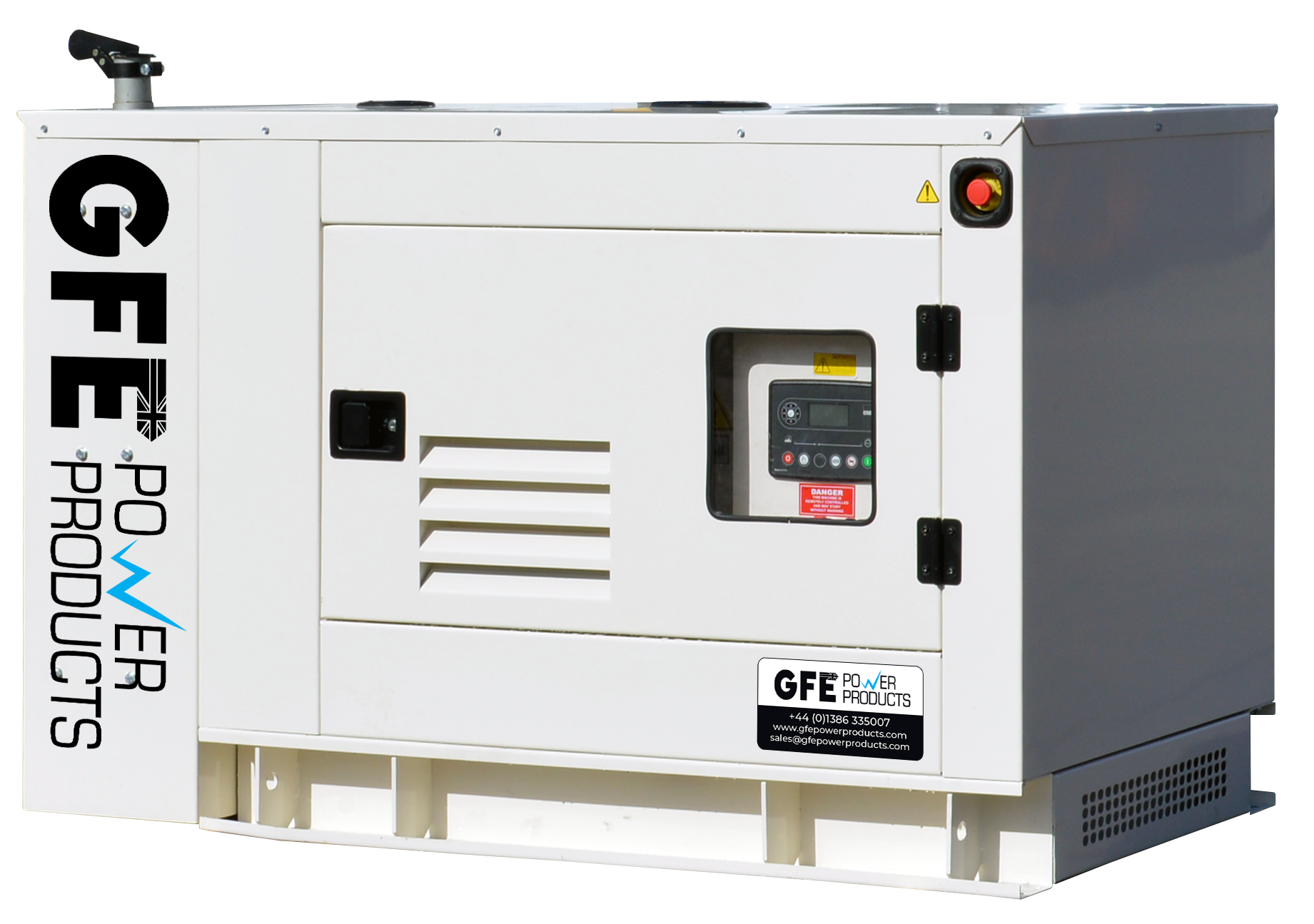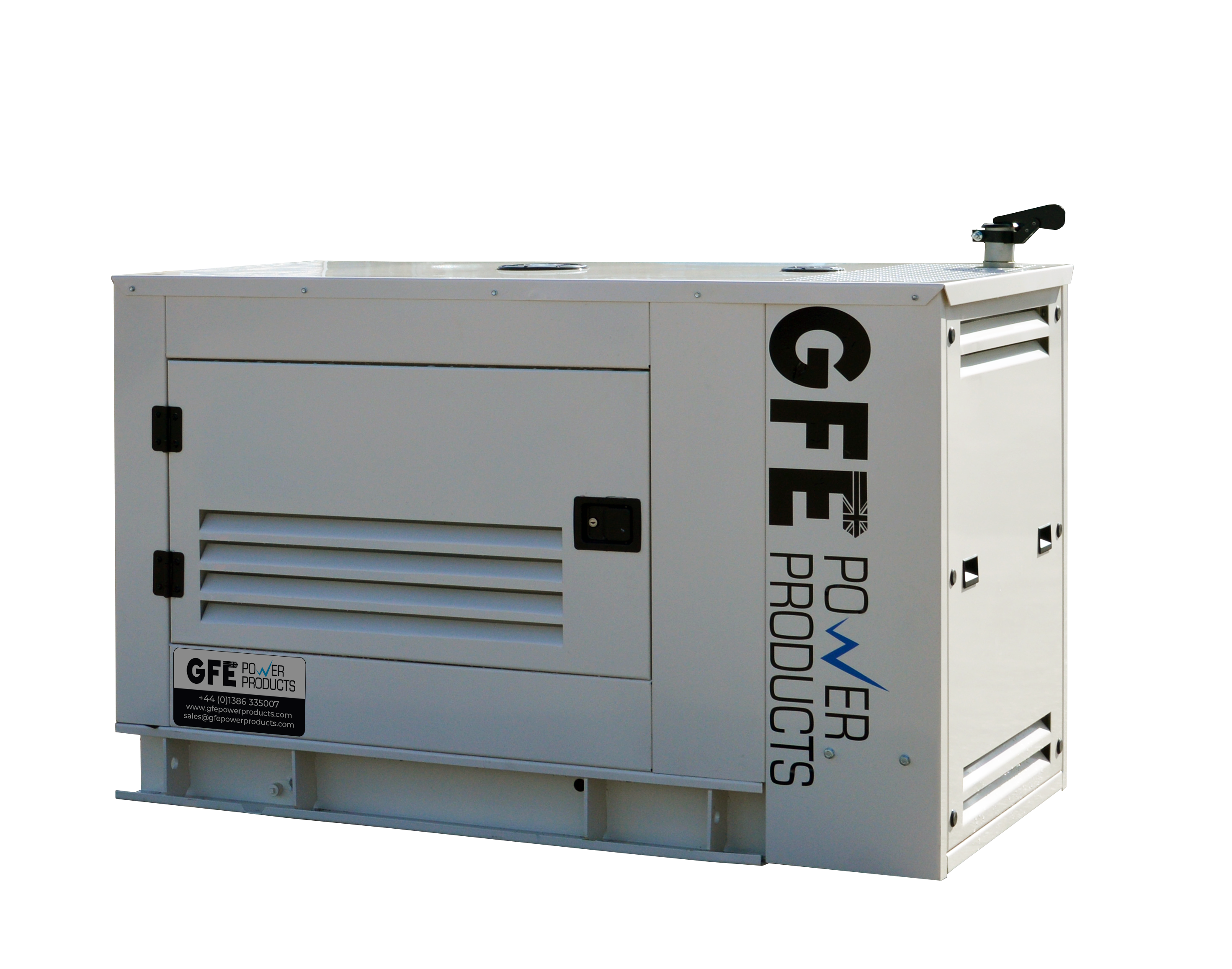Silent Diesel Generators
Silent generators have become increasingly popular for their ability to provide power without the disruptive noise of traditional generators.
This guide explores the nature and benefits of rockwool, its application in soundproofing generators, and the features of silent generators that make them ideal for noise-sensitive environments. Understanding the materials and technologies used in modern insulation and power generation can greatly enhance our ability to manage noise and improve energy efficiency. One such material is rockwool, also known as mineral wool or stone wool, which offers superior insulating properties.
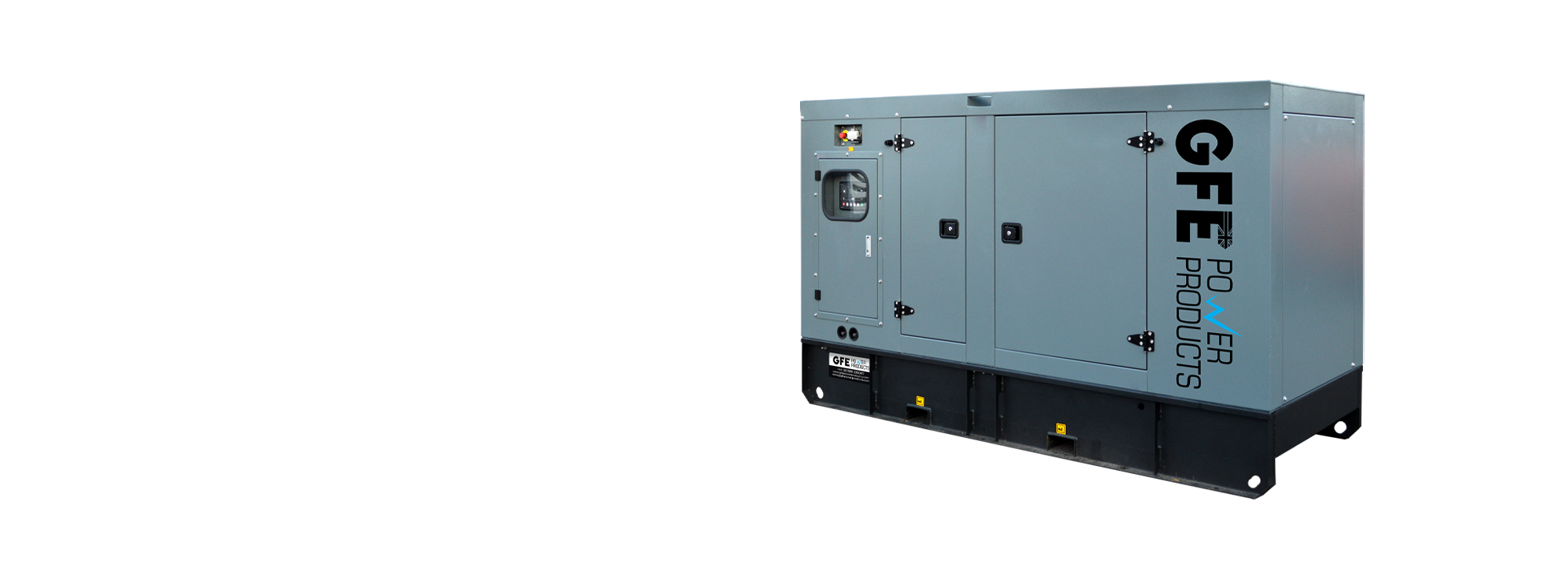
Cummins Silent Generators
Our collection features state-of-the-art generators designed to deliver reliable, efficient, and virtually noiseless energy solutions for a variety of needs. Cummins Silent Generators provide unparalleled performance without the noise, ensuring peace of mind and uninterrupted power. Explore our range and discover the perfect silent generator to meet your demands.
View Cummins Silent Generators

Baudouin Silent Generators
Where innovation meets quiet efficiency, featuring cutting-edge generators designed to deliver reliable, efficient, and whisper-quiet power solutions for diverse applications. Baudouin Silent Generators ensure exceptional performance with minimal noise, providing peace of mind and uninterrupted power. Explore our range and find the perfect generator to meet your needs while maintaining the lowest possible level of noise pollution.
View Baudouin Silent Generators
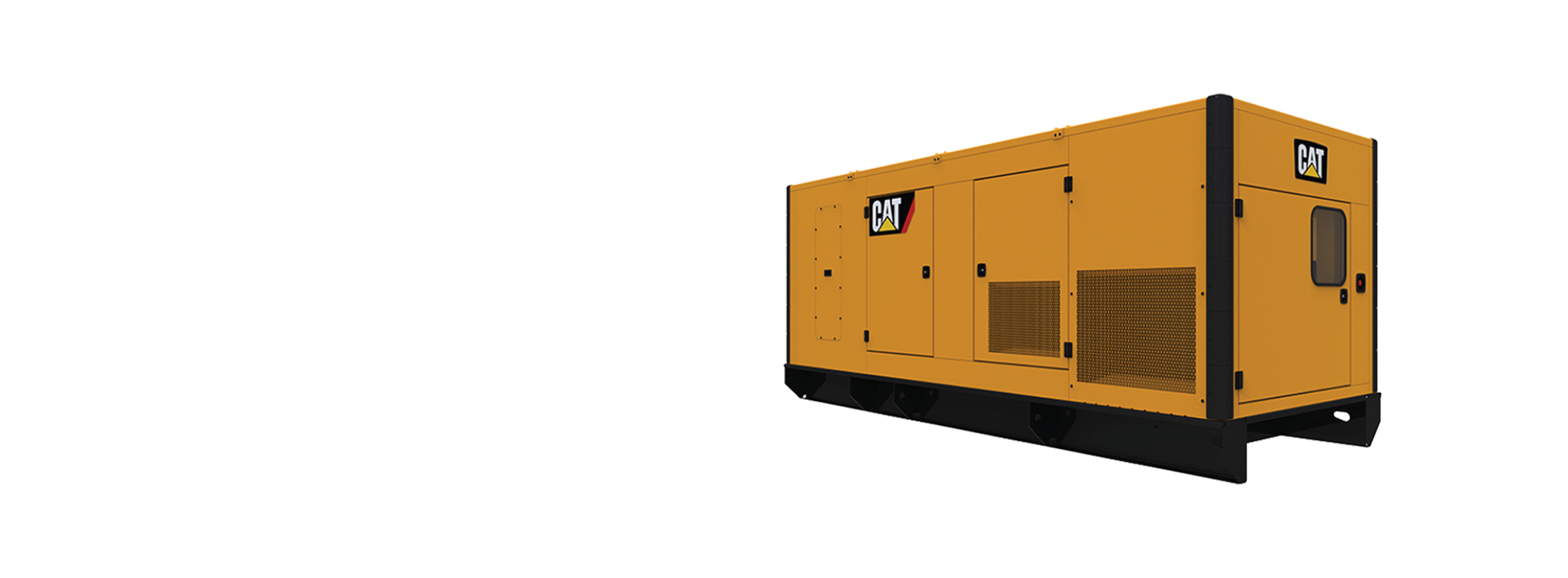
CAT Silent Generators
Caterpillar create top-of-the-line generators engineered to provide dependable, efficient, and exceptionally quiet power solutions for a variety of applications. Caterpillar Silent Generators deliver unmatched performance with minimal noise, ensuring uninterrupted power and peace of mind. Explore our range to find the perfect generator to suit your requirements.
View Caterpillar Silent Generators
What are silent generators?
Silent generators are power generation devices designed to operate with minimal noise output, making them suitable for environments where noise pollution needs to be kept to a minimum. Here are some key characteristics and types of silent generators:
Silent generators are characterised by several key features that contribute to their quiet operation. They incorporate advanced noise-reduction technologies, including insulated enclosures, vibration dampers, and specially designed exhaust systems, all of which work together to minimise sound emissions. These generators are equipped with quiet engines, designed to operate more quietly than traditional models. Additionally, their compact and portable design not only enhances convenience but also helps in further reducing noise levels. Some silent generators employ inverter technology, which adjusts the engine speed according to the load, thereby decreasing noise during low-load conditions. Finally, they utilise soundproofing materials that absorb and dampen sound, significantly reducing overall noise output.
Noise Reduction Technology: They incorporate advanced noise-reducing technologies such as insulated enclosures, vibration dampers, and specially designed exhaust systems.
Quiet Engines: They often use engines that are designed to run more quietly compared to traditional generators.
Compact Design: Many silent generators are designed to be compact and portable, which also helps in reducing noise levels.
Inverter Technology: Some silent generators use inverter technology, which adjusts the engine speed based on the load, thereby reducing noise during low-load conditions.
Soundproofing Materials: Use of materials that absorb and dampen sound to further reduce noise output.
Portable Silent Generators: Small, portable units that are ideal for camping, outdoor events, or as backup power sources for homes.
Inverter Generators: These are typically quieter than traditional generators and provide cleaner power suitable for sensitive electronics.
Standby Silent Generators: Larger, more powerful units designed to provide backup power for homes or businesses. These are often installed permanently and come with soundproof enclosures.
Industrial Silent Generators: Used in industrial or commercial settings where large amounts of power are needed but noise must be minimised.
Residential Use: Providing backup power during outages without disturbing the peace of the neighbourhood.
Outdoor Activities: Camping, RVs, tailgating, and other recreational activities where portable power is needed without excessive noise.
Commercial Use: Restaurants, shops, and other businesses that require backup power but need to maintain a quiet environment for customers.
Construction Sites: Where power tools and equipment are used, but noise regulations are in place or to avoid disturbing nearby residents.
Reduced Noise Pollution: Beneficial in residential areas, hospitals, schools, and other noise-sensitive environments.
Environmental Compliance: Many silent generators meet noise regulations and standards set by various authorities.
Improved Quality of Life: Quiet operation means they can be used without disturbing daily life or work.
Silent generators are an excellent choice for anyone needing reliable power without the accompanying noise of traditional generators.
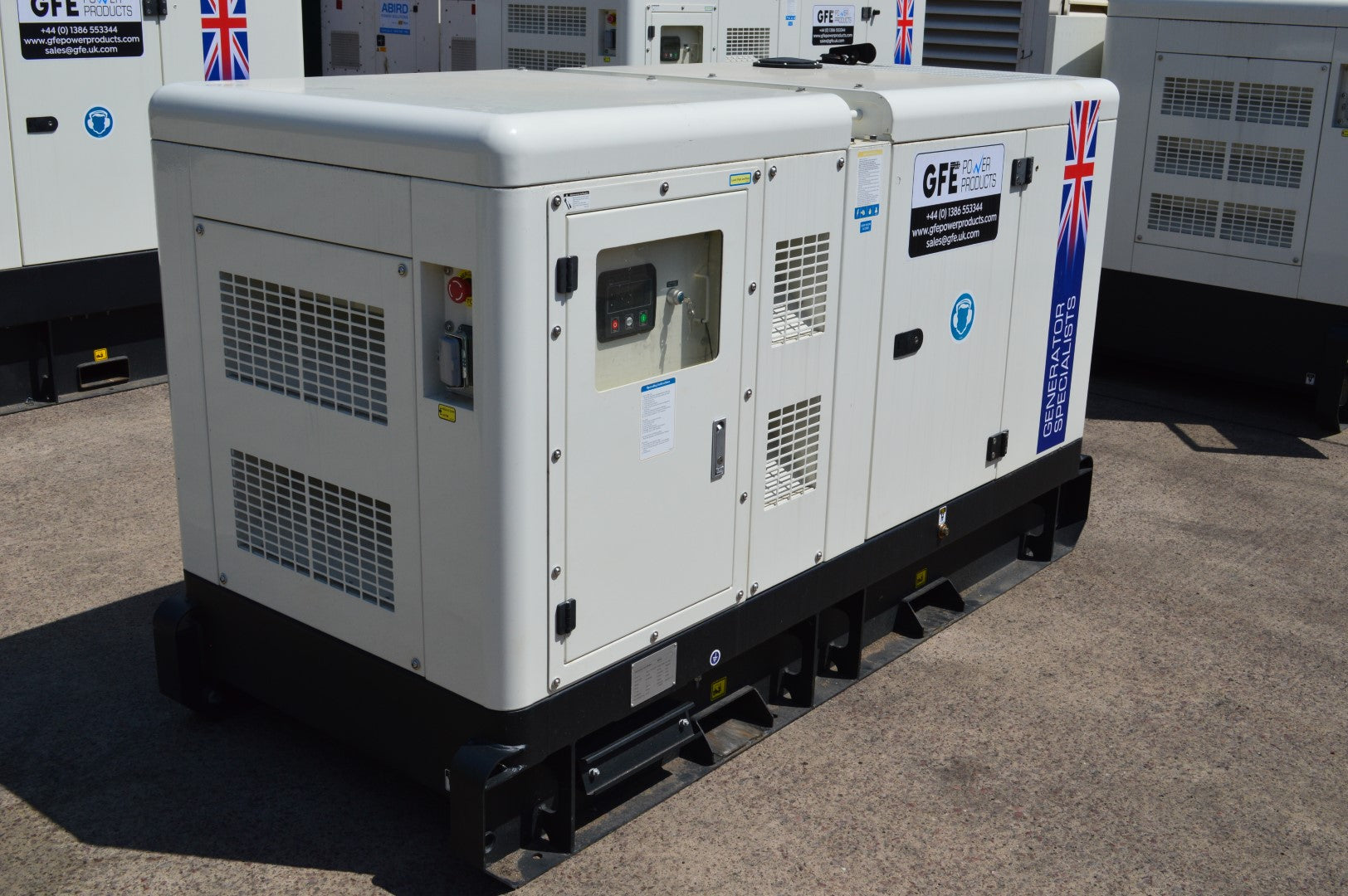
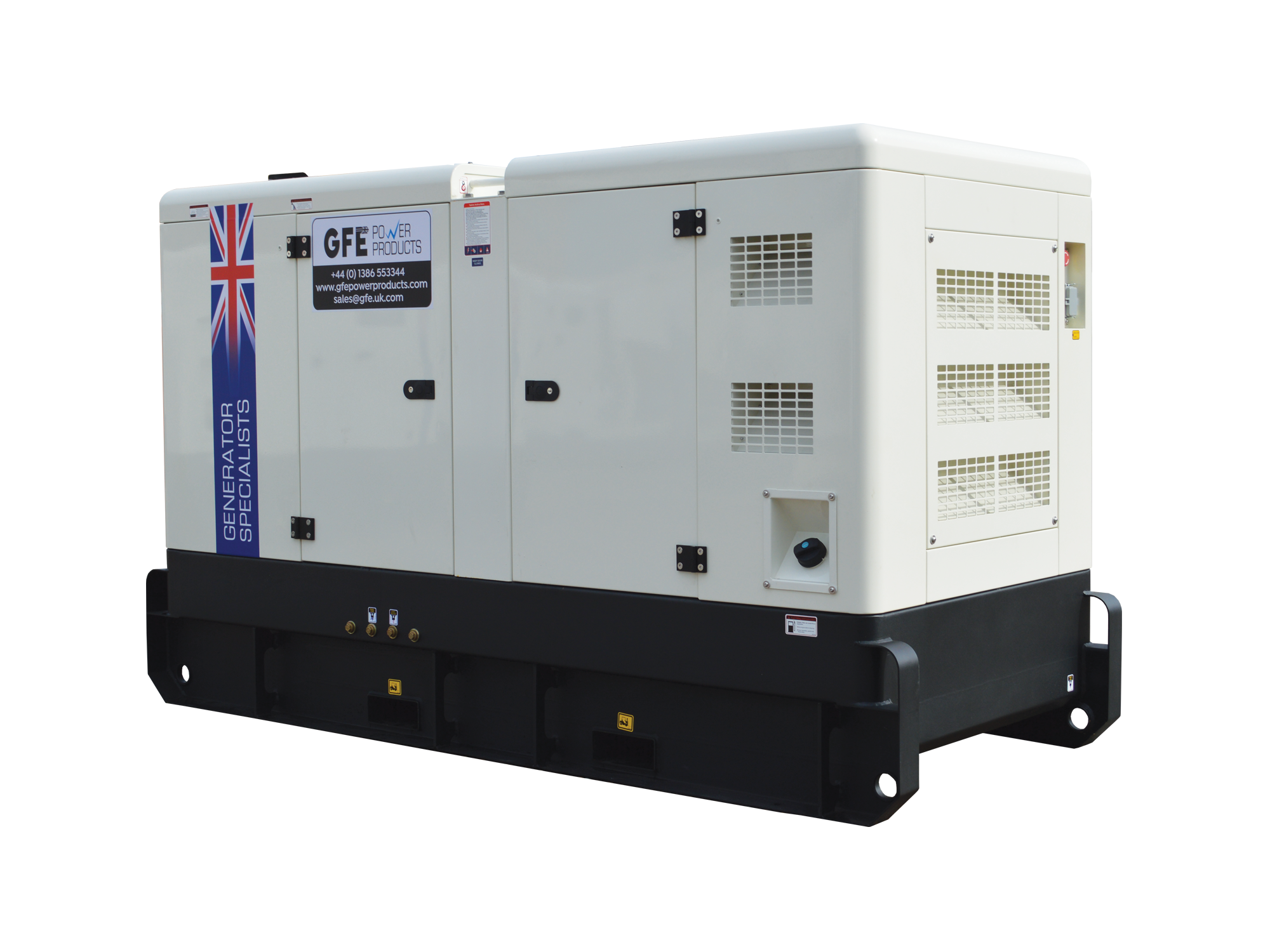
Can I use a silent generator at home?
Yes, you can use a silent generator at home, and it can be a highly practical solution for providing backup power during outages or for running essential appliances. Silent generators are designed to operate with minimal noise, making them suitable for residential areas where noise restrictions might be in place or where you want to avoid disturbing your neighbors. These generators typically use advanced technology and soundproofing materials to reduce operational noise significantly.
When choosing a silent generator, it's essential to consider factors such as power output, fuel type, and runtime to ensure it meets your household needs. Additionally, proper installation and regular maintenance are crucial to ensure safety and efficiency.
6-66kVA Diesel Generators
Need help?
Silent Generators Frequently Asked Questions
A silent diesel generator is a type of generator designed to produce electricity with minimal noise. It is equipped with soundproofing materials and an enclosure that reduces the operational noise, making it suitable for use in noise-sensitive environments like residential areas, hospitals, and offices.
A silent diesel generator operates on the same principles as a standard diesel generator, using an internal combustion engine to drive an alternator, which produces electricity. The key difference lies in the incorporation of noise-reducing features such as soundproof enclosures, mufflers, and vibration dampeners.
Domestic diesel generators and silent diesel generators are not necessarily the same. Domestic diesel generators are designed for home use, providing backup power during outages, while silent diesel generators are specifically engineered to operate with reduced noise levels, making them suitable for noise-sensitive environments. It is possible for a domestic diesel generator to also be a silent type, but not all domestic generators have silent features.
Silent diesel generators work well as domestic generators, given the sound attenuated enclosure of a silent generator. Contact the GFE Power Products team to order your new generator.
While silent diesel generators are typically used as backup power sources, they can be used as primary power sources in remote areas or during extended power outages. However, this requires a proper setup and maintenance schedule to ensure reliability and efficiency.
GFE Power Products have a fantastic range of silent diesel generators. If you are unsure which of our silent generators would work best for you, contact the GFE Power Products team.
Typically, silent generators operate at noise levels between 75-85 dB(A) when measured from 1 meter away. To help you understand what this sounds like, we've compared these dB(A) ratings to common everyday noises you might be familiar with.
To minimise noise and reverberation within the generator enclosure or plant room, you'll need to insulate the space to absorb sound. This can be achieved by covering hard surfaces with sound-absorbing materials or by installing acoustic wall panels and ceiling tiles.
Rockwool, also known as mineral wool or stone wool, is an insulating material created from natural volcanic rock, typically basalt, and recycled industrial slag. It is manufactured by melting these raw materials at extremely high temperatures and then spinning the molten mixture into fine fibres, similar to the process of making cotton candy. This results in a dense, fibrous structure with excellent thermal and acoustic insulating properties. Rockwool is fire-resistant, moisture-resistant, and durable, making it ideal for a wide range of applications, including building insulation, soundproofing, and as a medium for hydroponic gardening. Its sustainability is enhanced by the use of recycled materials, and its ability to withstand high temperatures and resist mould growth makes it a preferred choice in both residential and industrial settings.
Why is rockwool used for sound insulation in generators?
Rockwool is commonly used for sound insulation in generators due to its excellent acoustic and thermal properties. Here are the reasons why rockwool is preferred for sound insulation in generators:
Sound Absorption
High Density: Rockwool is dense and fibrous, making it highly effective at trapping sound waves and reducing noise.
Porous Structure: Its open, porous structure helps in absorbing sound energy, reducing the amount of noise that escapes the generator enclosure.
Thermal Insulation
Heat Resistance: Rockwool can withstand high temperatures, providing thermal insulation alongside soundproofing. This dual functionality is beneficial in managing the heat produced by generators.
Fire Resistance: Being non-combustible, rockwool enhances the fire safety of the generator setup.
Durability and Stability
Moisture Resistance: Rockwool is resistant to moisture, preventing it from degrading or losing its insulating properties over time.
Durability: It maintains its shape and insulating properties over a long period, even under harsh conditions.
Ease of Installation
Formability: Rockwool can be easily cut and shaped to fit around various components of a generator, ensuring comprehensive coverage and effective sound insulation.
Flexibility: Its flexible nature allows it to be used in a variety of applications and configurations, making it versatile for different generator designs.
Environmental Considerations
Sustainability: Rockwool is made from natural materials like basalt and recycled slag, making it an environmentally friendly option.
Recyclability: It is often recyclable, contributing to reduced environmental impact.
Practical Benefits in Generators
Noise Reduction: By absorbing and dampening sound waves, rockwool significantly reduces the noise emitted by the generator, making it suitable for use in noise-sensitive environments.
Improved Comfort: Lower noise levels enhance comfort for individuals nearby, whether in residential, commercial, or industrial settings.
Compliance with Regulations: Using rockwool helps generators meet noise regulations and standards, which can be critical for installations in regulated environments.



